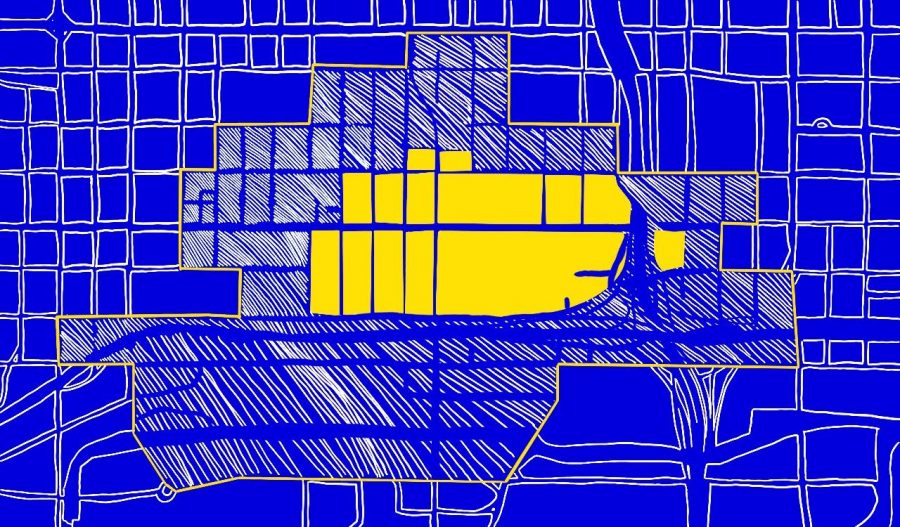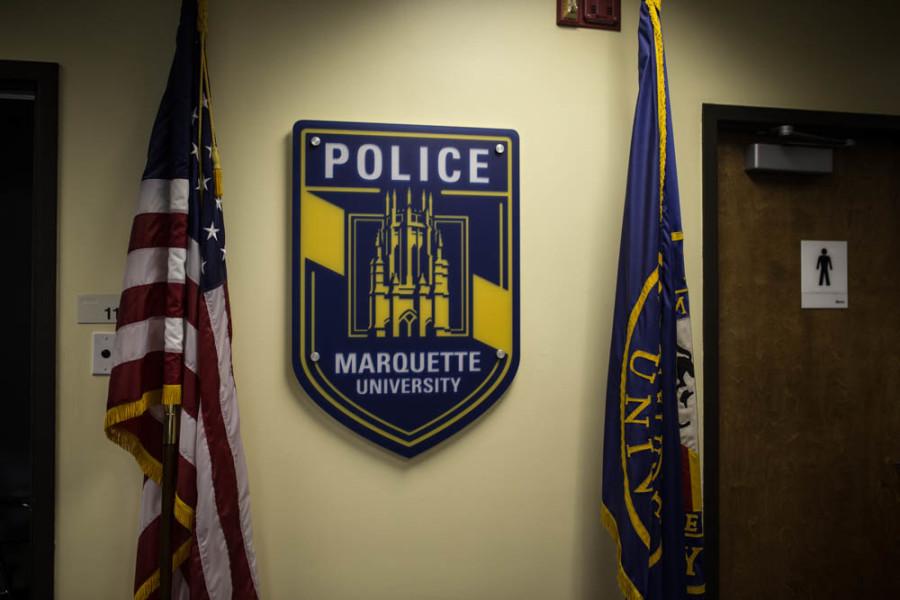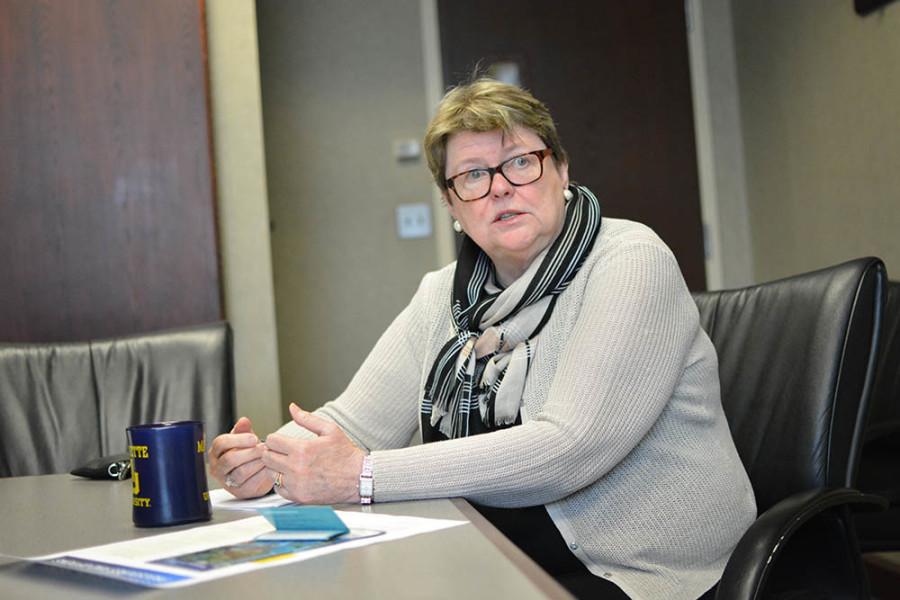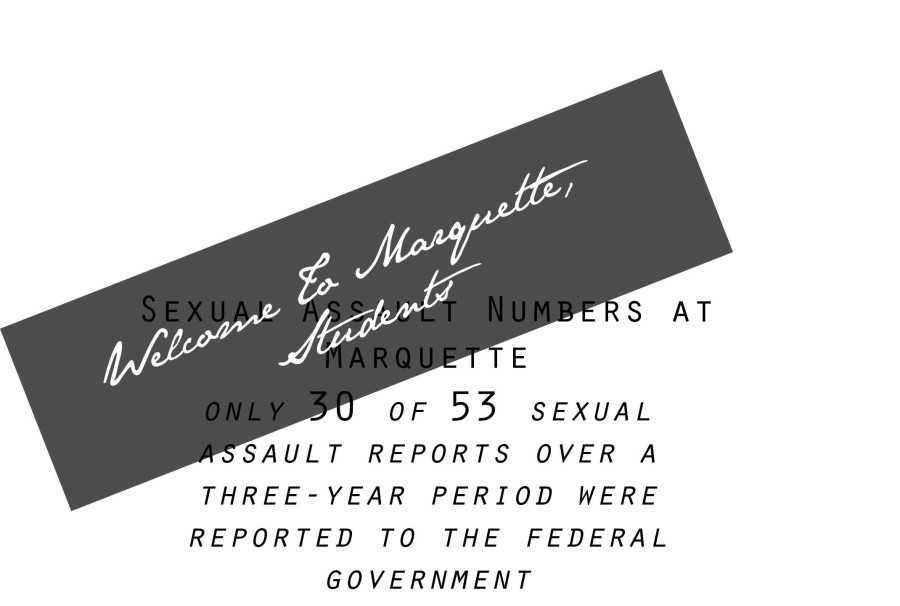Every year, the Department of Public Safety reviews Marquette’s Emergency Procedures Guide. This year, the university made a few small changes.
Changes are made to the guide in conjunction with revisions to university policy.
“We look at it yearly to see if there is anything we need to update,” DPS Cpt. Russell Shaw said. “That doesn’t necessarily mean that changes will be made, but it is something that we are always cognizant of. If in fact anything nationally comes out that could make the procedure better, we will always be looking at that.”
The Emergency Procedures Guide covers a large variety of possible happenings on campus, including procedures for severe weather conditions, active shooters, damage to a buildings, a gas leaks, fires and utility failures.
“It is for all emergency-type procedures,” Shaw said. “Most of the procedures have been in place; it was just a matter of certain verbiage we might have changed to make it a little bit easier for reading purposes.”
Once of the main reasons Marquette makes revisions is to stay in line with national protocol. For example, the university updated the Event and Emergency Management Plan last summer to align better with the National Incident Management System.
“Many of the changes in the Emergency Procedures Guide were to make sure the language is consistent in both publications,” Lt. Paul Mascari said. “Nothing has changed in terms of Public Safety’s response to an emergency situation.”
When DPS looks at the policy every year, it doesn’t always make changes. However, they are made in accordance with changing policies around campus, as well as specific emergency procedures that may need addressing.
“The safety and security of our students is our highest priority, so the Emergency Procedures Guide is reviewed on an annual basis and revised as needed,” Mascari said. “We encourage people to use the guide to make plans for possible scenarios they might encounter during an emergency and to regularly reference it when assessing their readiness.”
DPS works with other groups on campus that may have an opinion on safety procedures. The review of the Emergency Procedure Guide usually takes two weeks, although it can take longer depending on editing and printing.
Molly Jurich, a freshman in the College of Education, said she supports the review of Marquette’s emergency procedures.
“I think changes to the guide should be made when these occurrences happen at other schools,” Jurich said. “When universities handle situations effectively, their example should be something for Marquette or another school to follow. Basically, the changes should be made when procedure has proven itself to be effective.”
The Emergency Procedure Guide is available on Marquette’s website.




